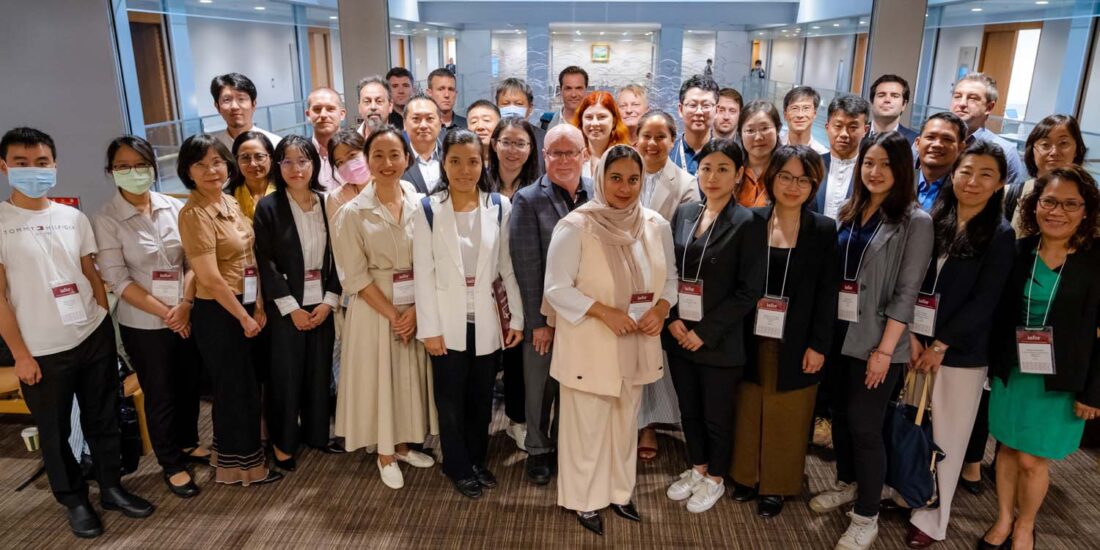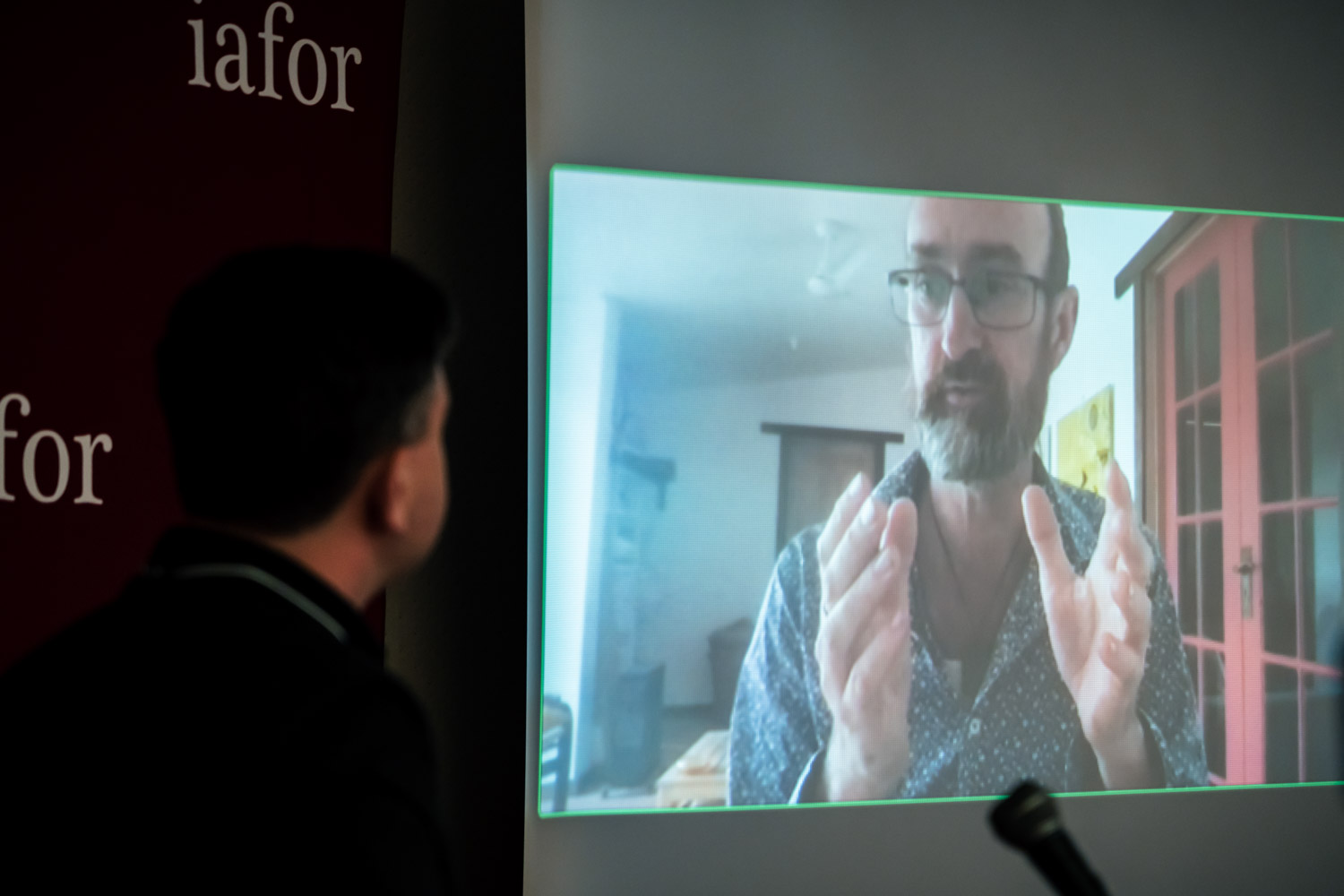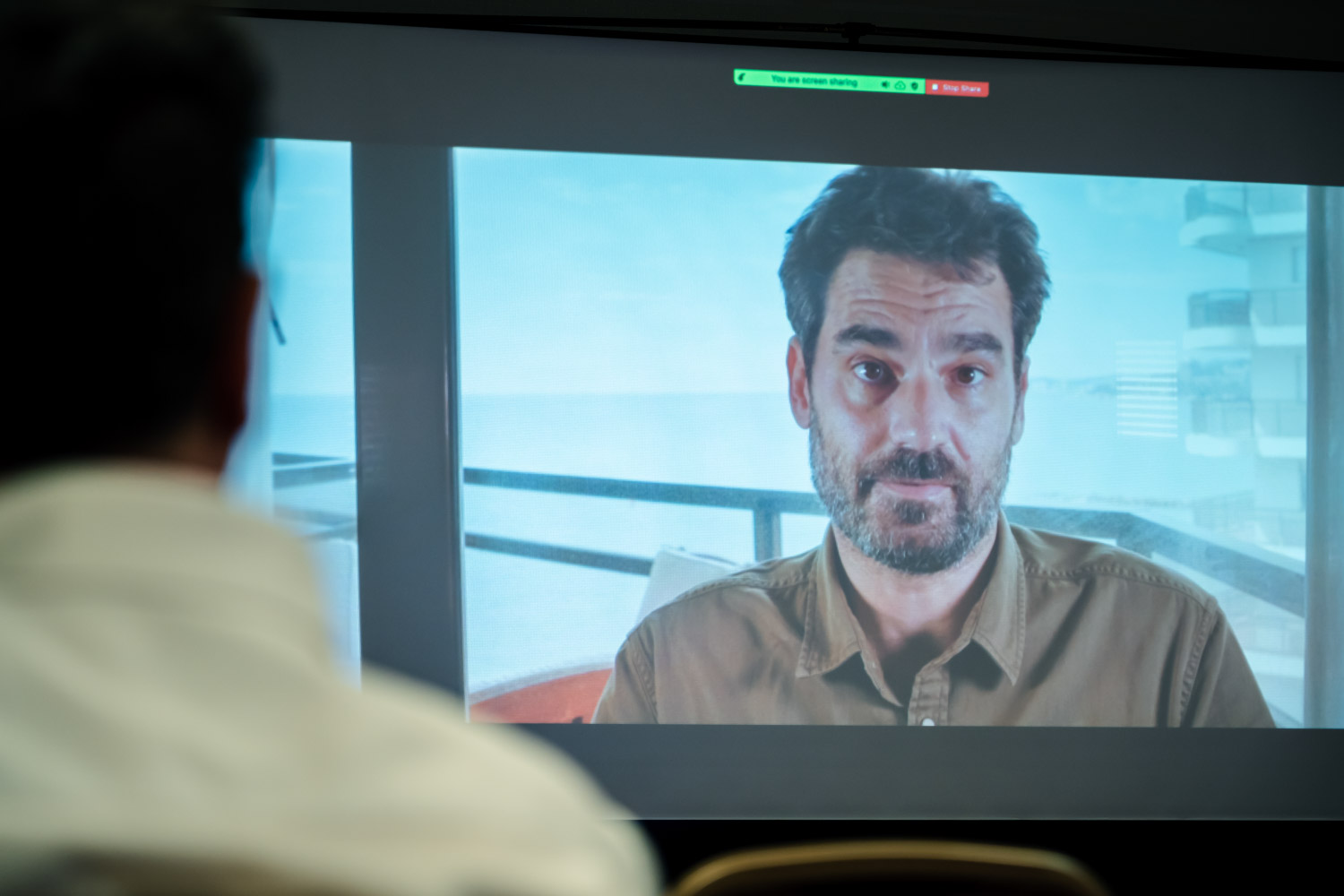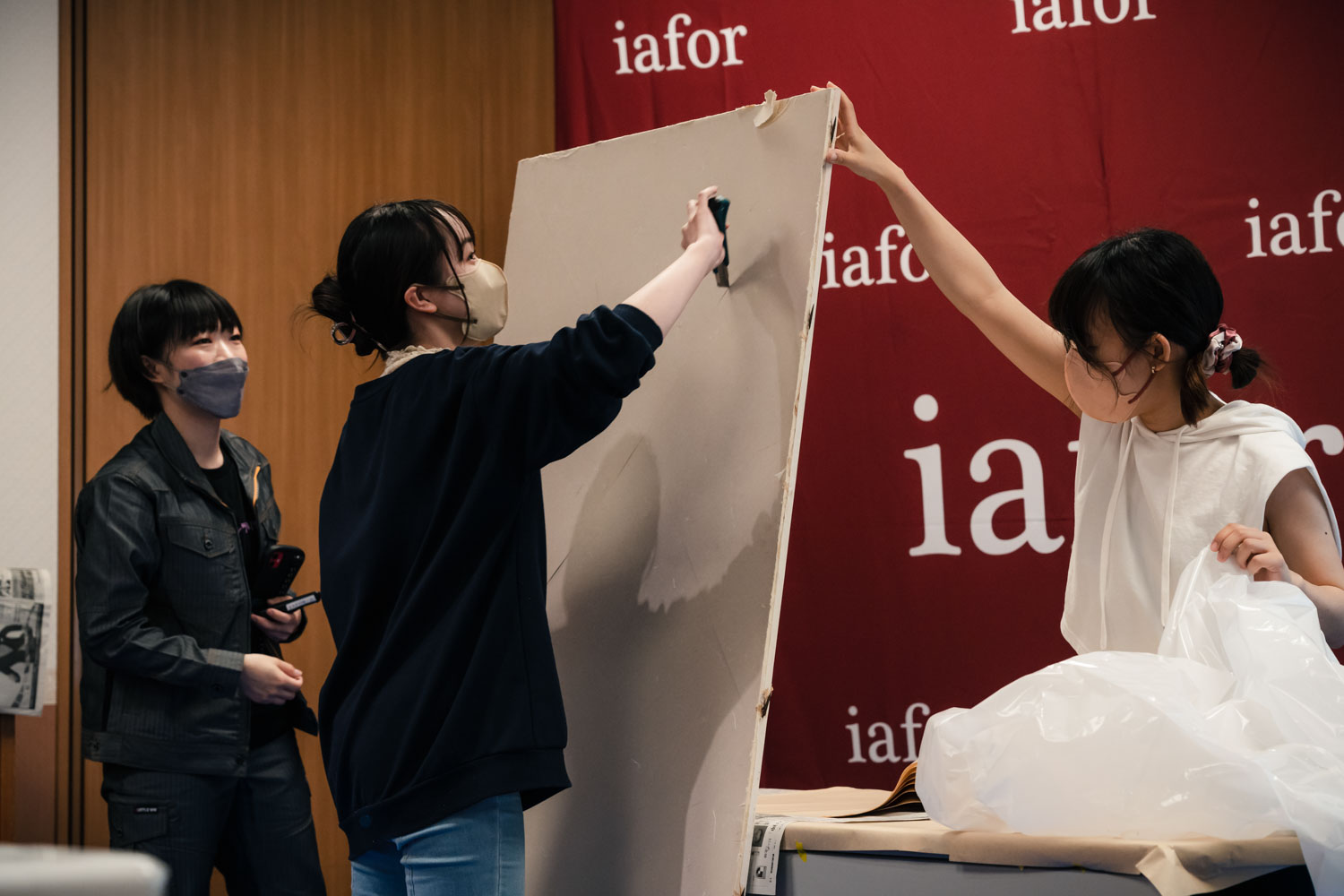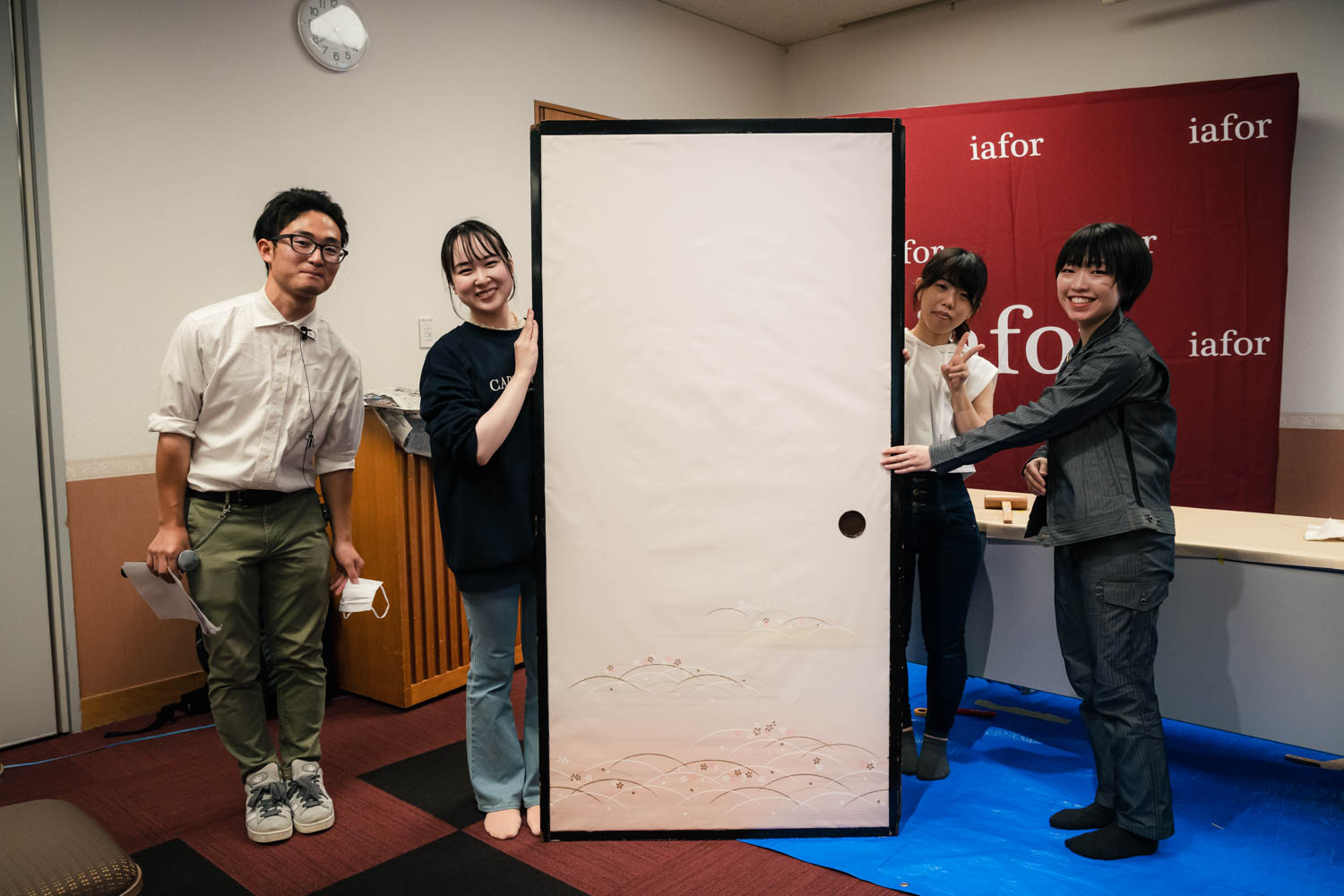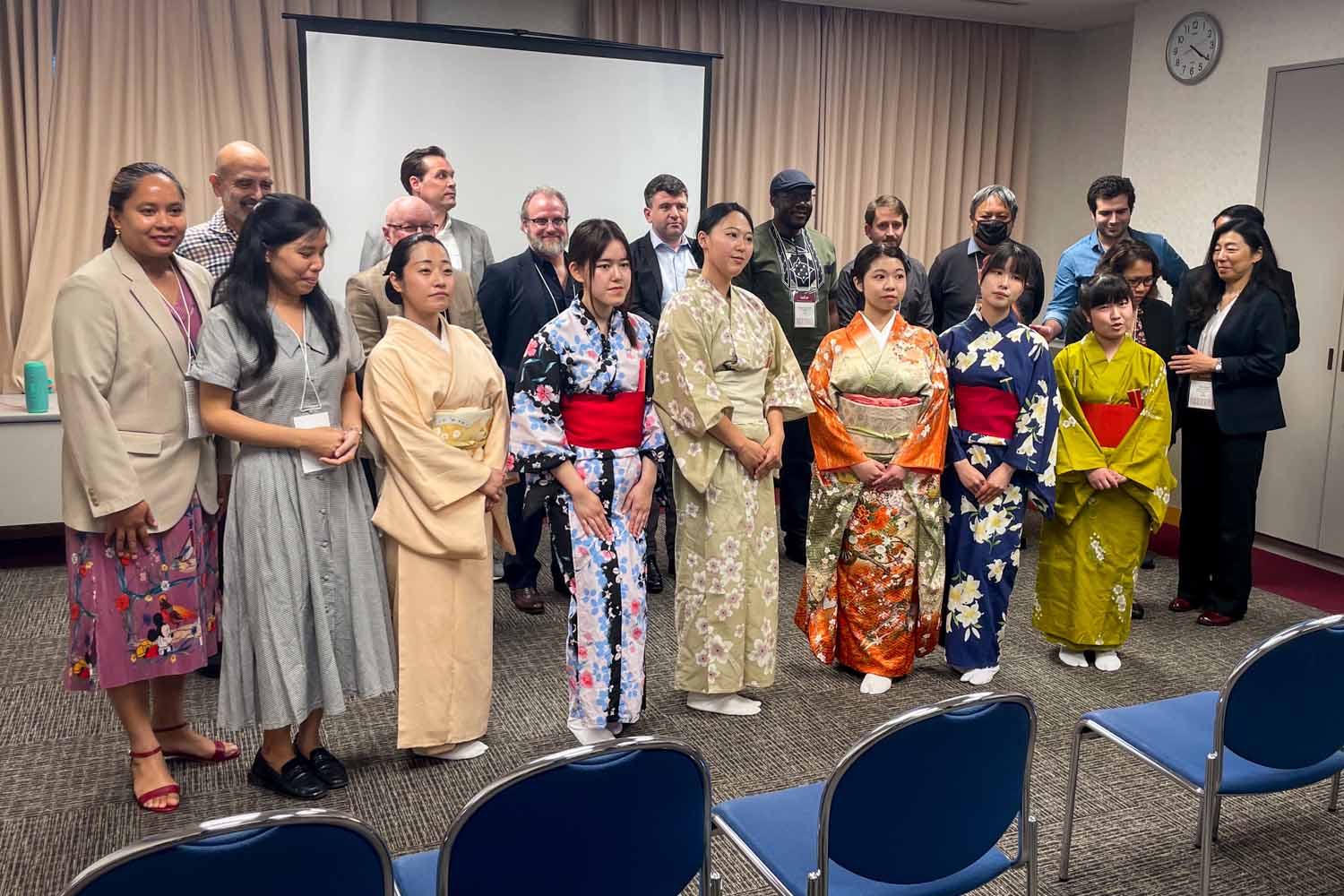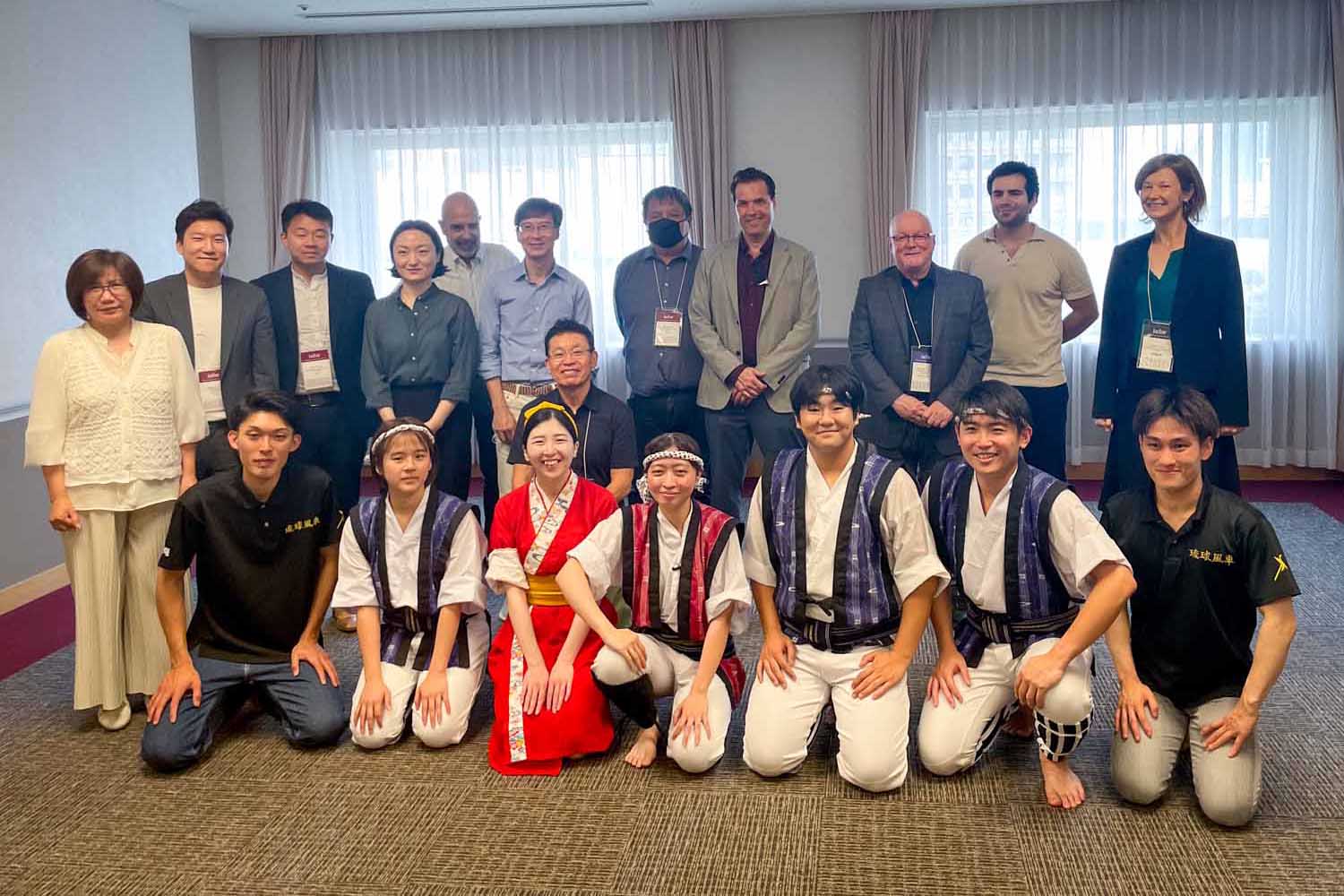Between May 19-22, IAFOR hosted both The 13th Asian Conference on Asian Studies (ACAS2023) and The 13th Asian Conference on Cultural Studies (ACCS2023) at the Toshi Center Hotel in Tokyo. These parallel events illuminated the intricate intersections of Asian Studies and Cultural Studies, providing a multidisciplinary platform for scholars and professionals to delve deep into the rich tapestry of Asian cultures, histories, and contemporary issues.
Held in partnership with the IAFOR Research Centre at the Osaka School of International Public Policy (OSIPP) at Osaka University, this international conference encourages academics and scholars to meet and exchange ideas and views in a forum stimulating respectful dialogue. This joint event exemplifies IAFOR’s internationalising mission, which brought together more than 250 delegates from 30 countries.
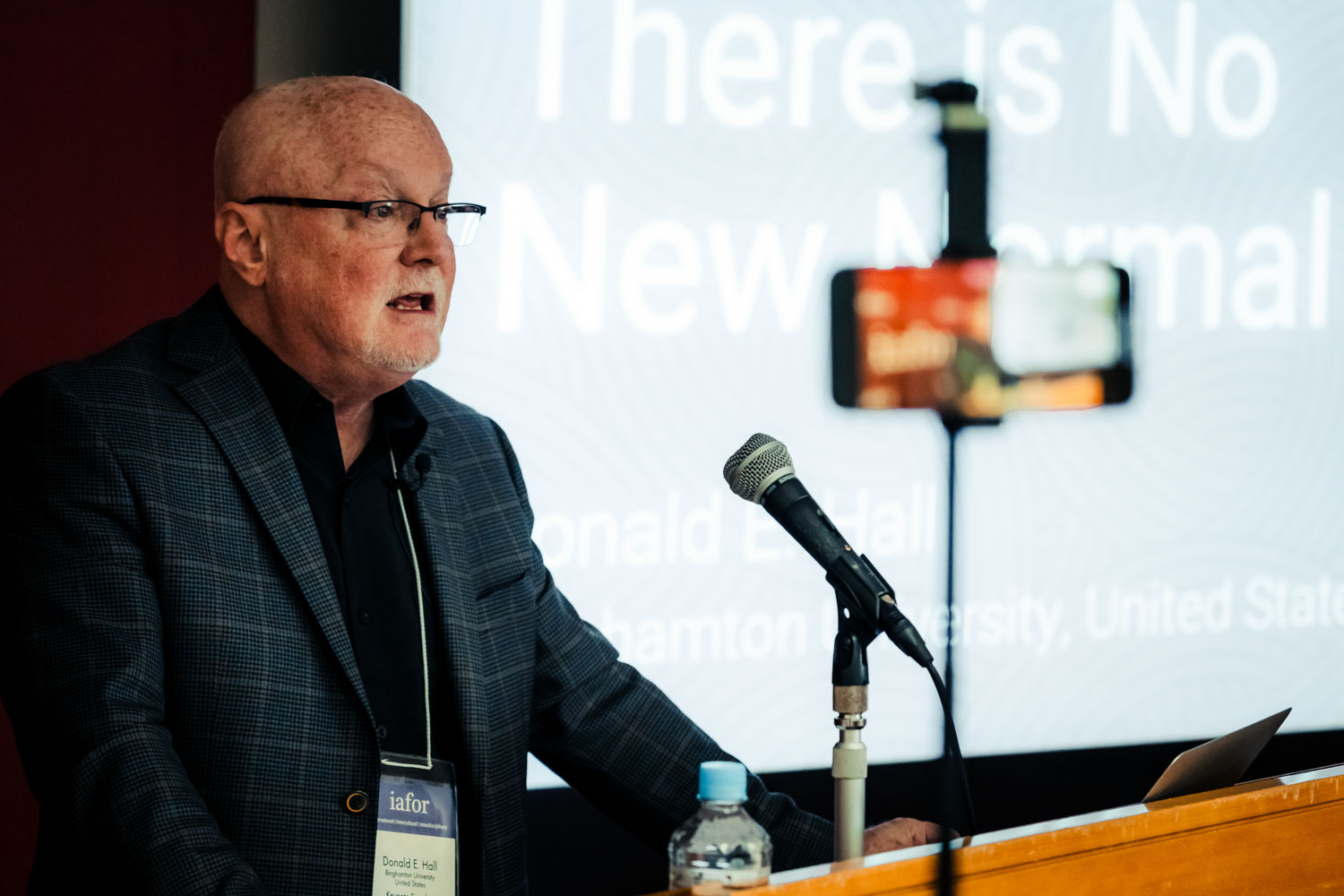
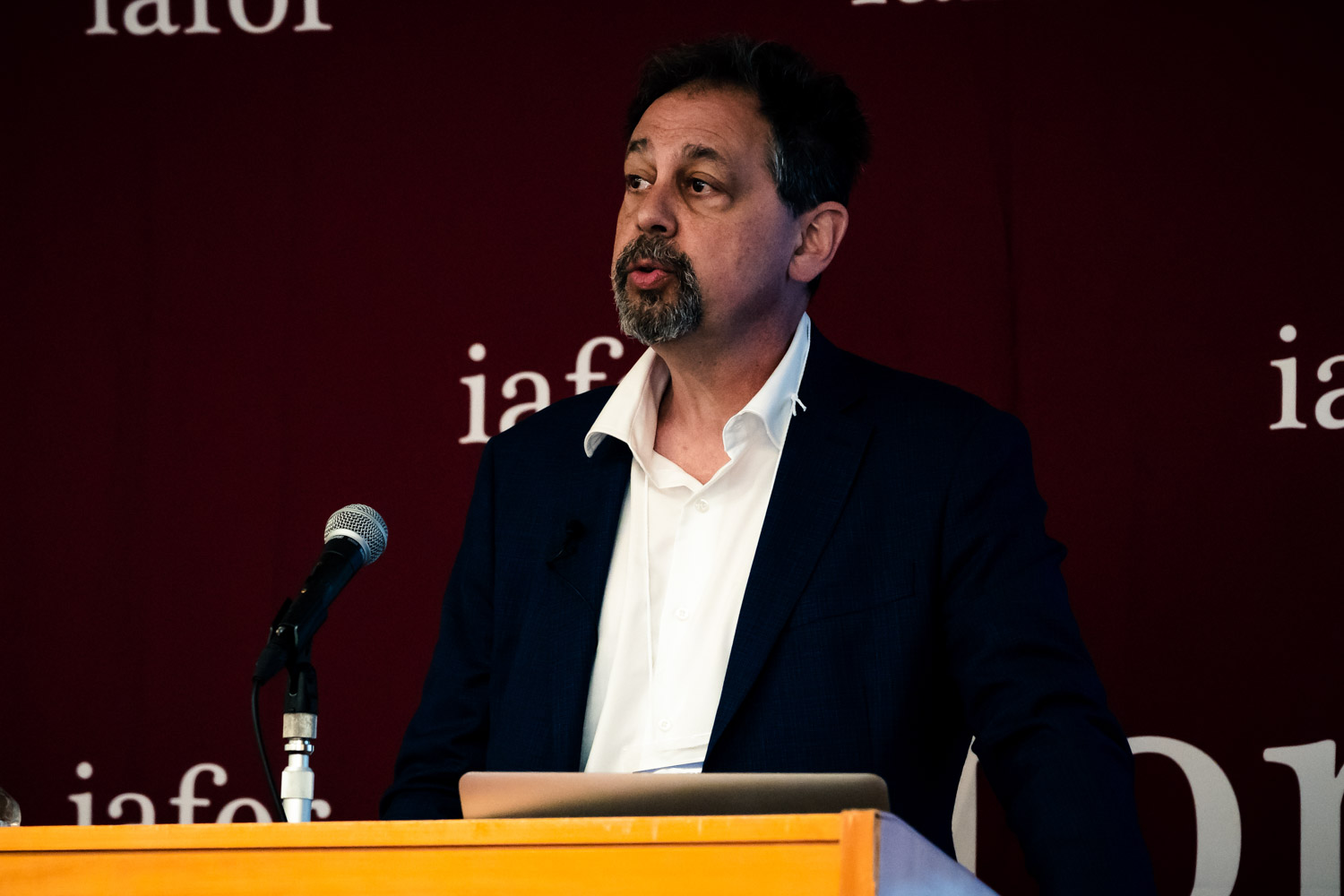
Day one of the conference featured a presentation from Donald Hall, Provost and Executive Vice President for Academic Affairs at Binghamton University (SUNY), titled “There is No New Normal”, which compared, contrasted and challenged the idea of a return to normal following the pandemic.
Professor Hall was followed by Max Pensky, Co-Director of the Institute for Genocide and Mass Atrocity Prevention (I-GMAP) at Binghamton University, who gave an enthusiastic presentation titled “Democratising Displacement: Paths to Political Inclusion for Refugees, Asylum Seekers and Internally Displaced Persons”.
The afternoon of plenary day consisted of two hybrid presentations given through Zoom. The first presentation was by Grayson Cooke, an interdisciplinary scholar, media artist and Associate Professor of Media at Southern Cross University, displaying how art and science can work together to develop new figurations of environmental change, its causes and its impacts.
The second presenter, Alex del Olmo, independant underwater filmmaker, joined the conference via recorded video. Alex discussed how the reduction of diving activities due to travel restrictions has left Marine Protected Areas vulnerable, prompting collaboration between The Seven Seas Liveaboard, Coral Triangle Centre, and Yayasan Konservasi Alam Nusantara to establish community-based conservation efforts in the Forgotten Islands and the Banda Sea, previously unexplored regions.
Days two and three were packed with parallel presentations held at the Toshi Center Hotel, while day four was held entirely online.
While formal presentations are the backbone of IAFOR conferences, the value of informal, yet intellectual, interaction among peers is not overlooked. This was exemplified by the stunning cultural presentations that took place during the conference.
To round out the plenary day, the Fusuma Club from the University of Tokyo performed a passionate demonstration on how to repair traditional Japanese sliding doors.
Following the presentations on Saturday, May 20, delegates were introduced to the grace of traditional Japanese dance from professional dancer Hanayagi Sukeyuuna and her students in the Nihonbuyo Club at Keisen University.
To close out the conference, the students from the Okinawa Eisa Club at J.F. Oberlin University delivered an electric performance combining traditional Japanese folk dancing with dynamic drums, chanting, and colourful costumes.
As we look towards future events, we are grateful to the speakers, participants, and Organising Committee for their commitment and contributions. For those who missed out, online catch-up options and high-quality recordings of plenary presentations are available through the conference websites.

